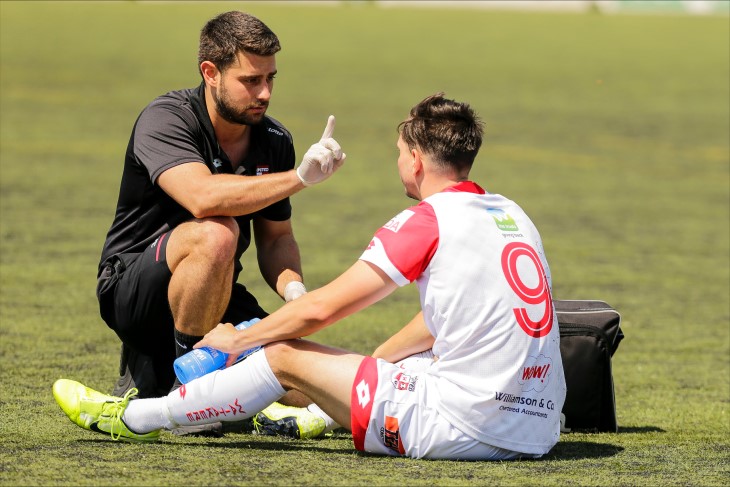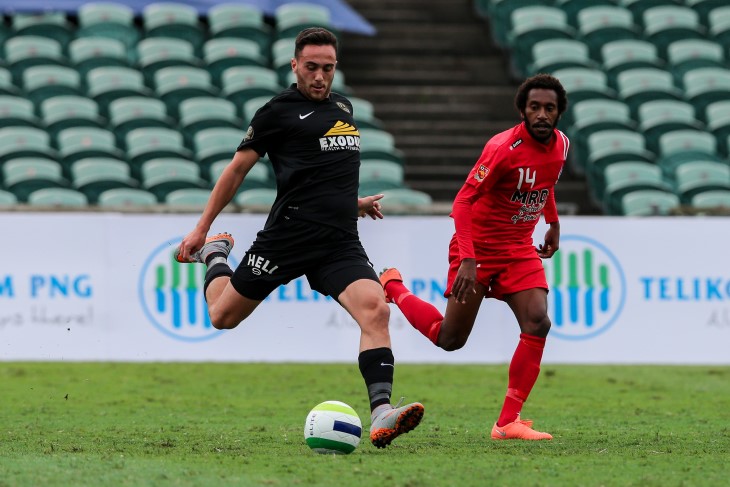Jarrod’s story: ‘I was in bed for six months’
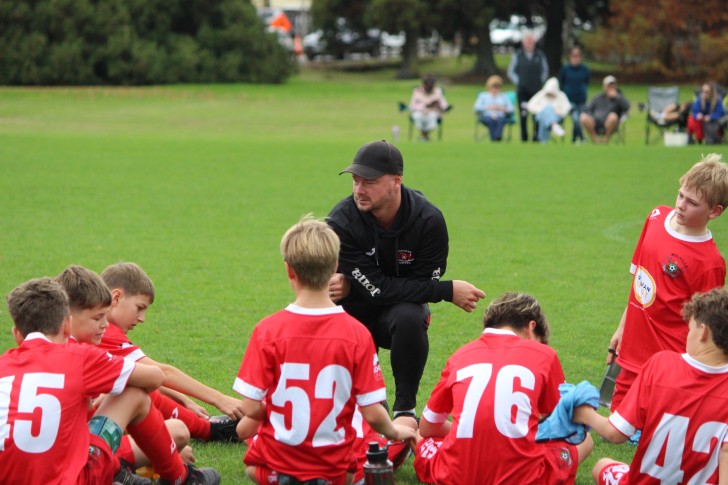
The career of promising footballer Jarrod Young was cut short by a series of concussions, the worst of which kept him in bed for six months. He’s sharing his story to help others and highlight the importance of player welfare.
For six months, Jarrod Young was lying in bed coming to terms with the worst football concussion of his amateur career.
The 22-year-old had suffered 10 concussions in a five-year period, most of which he didn’t report.
The last of these came when he was playing for Auckland-based club Fencibles United as they took on Manukau United with both teams in contention for the league title.
Jarrod had suffered a head knock leading into the game and wasn’t 100 per cent but put that to the back of his mind.
“It was a massive game, and I didn’t tell anyone about my concussion. I was like, ‘I don’t care. I need to play’,” says Jarrod, now 31.
After Manukau won a free kick near his team’s goal, Jarrod was yelling at his team-mates to put four players in a ‘wall’ to block the shot but decided to go in himself.
“I’m just stupidly competitive,” he admits.
“So I was like, ‘Well, I'll do it then.’ The funny part was my captain was next to me and he goes, ‘Oh, you’ve got a bad head, so you go to the left.’”
Ironically, Jarrod moved to the outside left of the wall and was then hit flush in the head from point-blank range.
“He drilled it, and it hit me right on the weak spot of my head. I knew I was in a bad way, and I went down straight away,” he says.
“I reckon I was knocked out for around 30 seconds. But I told the physio it was my arm and I was okay, so I could stay on the field.”
Jarrod says the repercussions of that decision were huge.
For the next six months, he was in a condition where he couldn’t function. He had intense headaches, was sensitive to light and noise and just wanted to be in a quiet, dark place.
“It was horrible,” he says.
“It was just six months of being dazed, confused, can’t see, can’t think. I got depressed, there was so much I couldn’t do, and I was just hanging on.
“It was the hardest time in my life.”
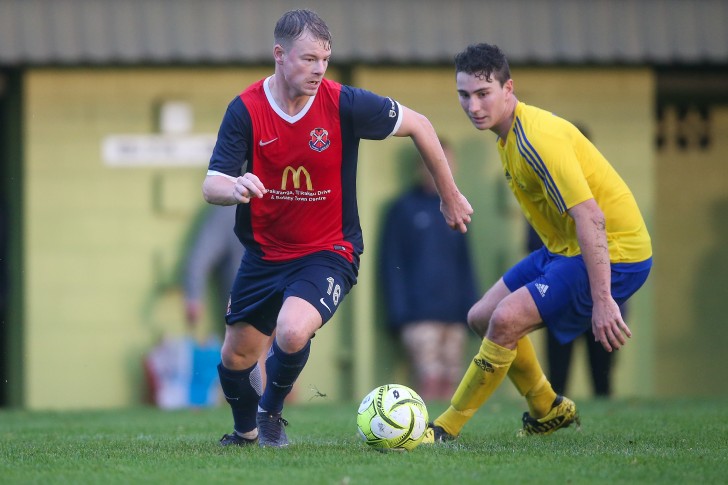
‘It’s an injury you can’t see’
Jarrod is now coach of the Melville United men’s first team and also runs the academy at the Hamilton-based club.
He wants to share his story so other young footballers don’t suffer the same pain he endured.
“There’s so much competitive drive as a young footballer and you’re competing against your friends. You think you can't spare a moment to look after a serious injury, because someone else will take your place,” he says.
“So you just move on, and you keep on playing. That’s the worst thing to do but it’s what I did. So, if I can share my experience, it might raise awareness to some kids that maybe they do need to take a month off and really rest their brain to make sure they’re right.
“One of the things about concussion is it’s an injury you can’t see. You don’t know how the person is actually coping.”
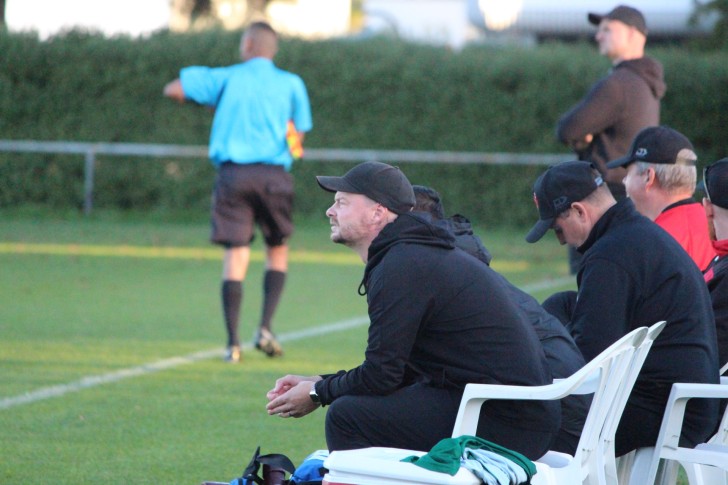
Changing the culture around concussion
Jarrod is not alone.
In 2024, ACC accepted 1,221 football-related concussions which came at a cost of $3.4 million to help people recover. ACC paid out 11,386 days of weekly compensation to people for football-related concussions, which cost $1.4 million.
Over the next two years, ACC will invest $2.5 million into the New Zealand Football Prevention and Performance programme. This partnership has a focus on improving concussion prevention and management.
ACC injury prevention partner Nat Hardaker says football is the most popular team sport globally and one of the largest team participation sports in New Zealand. She says it’s important the next generation of players have the right knowledge, resources and support.
“The investment into this partnership will deliver important resources. It will help ensure there’s clarity on how to manage concussion in football and put player welfare first.
“We’re trying to change the culture around concussion in sport.”
Nat says research shows good early management of concussion can improve long-term outcomes.
“We also know players miss the connection with their team-mates when they’re out with any injury. It would be great to see clubs and coaches encourage players to still be part of the training environment even if they can’t participate,” she says.
“They can still learn from the coach and support the team. This social connection and keeping up with the team may be a helpful part of their recovery.”

Guidelines bring consistency and clarity
Last year, ACC launched the National Concussion Guidelines for community sport.
The guidelines provide principles and advice for the sports community and health professionals to recognise concussion and manage a safe return to sport in a consistent way.
Jarrod says it’s a great step for the local game. But he stresses the guidelines are only as good as how the football community adopts them.
“Managing concussion is everyone’s responsibility,” he says.
“I’m a big fan of the guidelines. We need to have clarity and consistency, so people are having that 21-day stand down and are checked by a medical professional. We need all the football community to buy into that.
“I share my story at our club, so people know what it’s really like. It had a huge impact on my life, and we all need to be making decisions which put player welfare first.
“I understand what it’s like from a player’s point of view. You just want to play, but you need others around you to support you and help you make the right decision.”
Jarrod wishes he’d made better decisions around his concussion. He still suffers from headaches, blurry vision and days when he wakes up and feels flat.
“It’s been a battle,” he admits.
“It’s important for players to be honest about what they’re going through and experiencing so their coaches and team-mates can help them on their journey to recovery.”
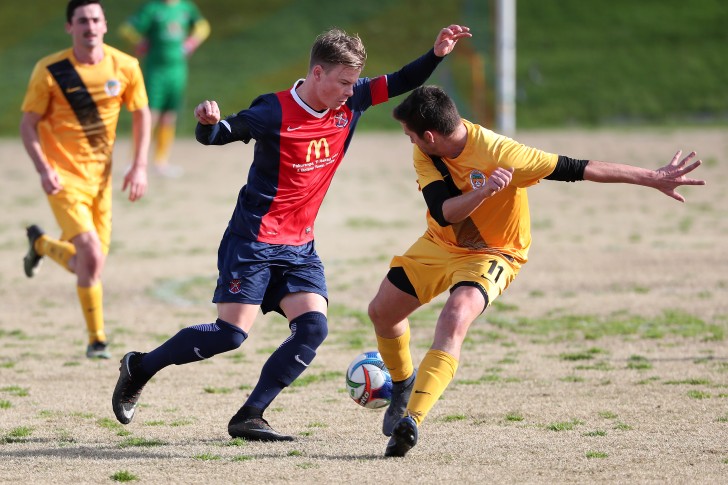
National Concussion Guidelines
The guidelines present an opportunity to improve the health outcomes and wellbeing for people who play community sport by introducing a standardised approach to managing concussion.
The key changes are:
1) When a player suffers a concussion, they must be symptom-free for 14 days post-injury before a graduated return to play.
2) They must complete a minimum period of 21 days away from full competition before clearance to return.
3) Medical clearance is strongly encouraged prior to return to play.
Sport Concussion in New Zealand – National Guidelines
The Five Rs of concussion management
- Recognise (the signs and symptoms of concussion)
- Remove (the person from play)
- Refer (to a medical doctor to confirm diagnosis and provide treatment)
- Recover (before returning to school/work and sport)
- Return-to-play (follow the guidelines)




